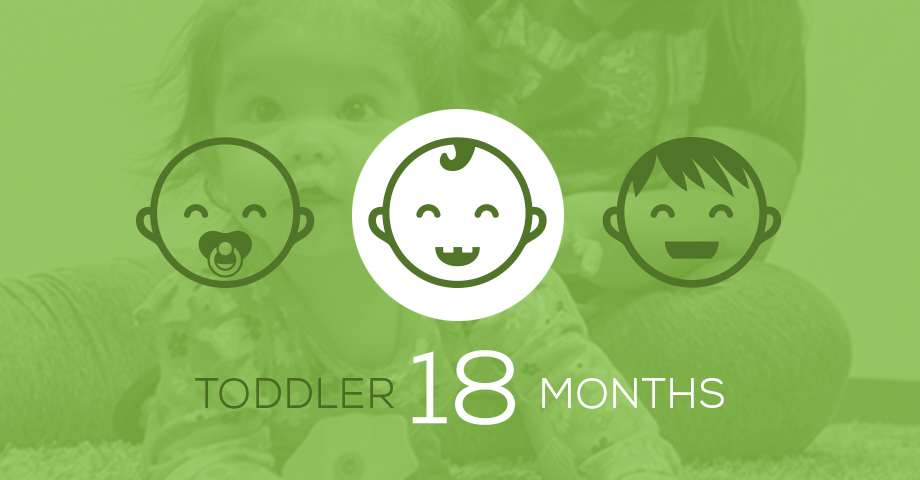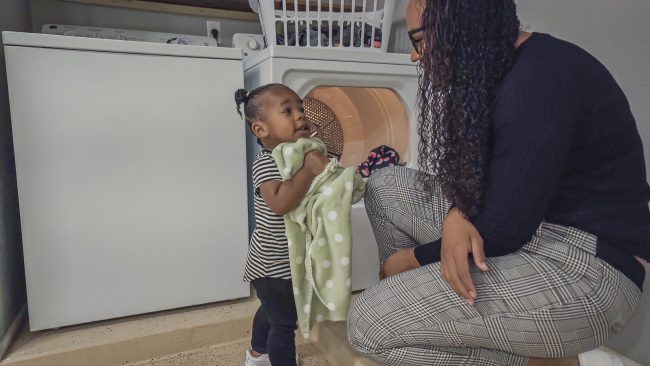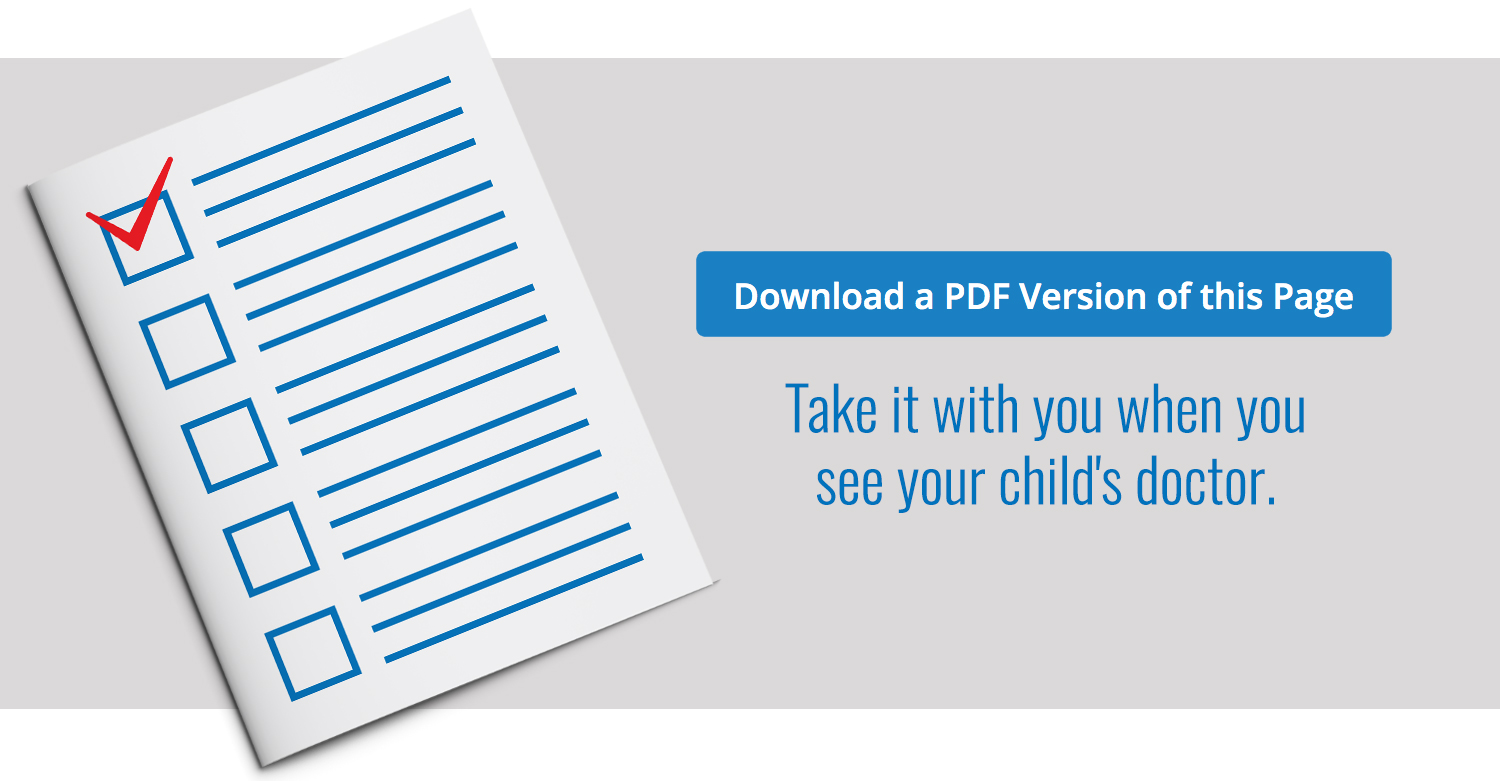
How your child plays, learns, speaks, acts and moves offers important clues about your child’s development. Developmental milestones are the things most children (75% or more) can do by a certain age.
Check the milestones your child has reached by the end of 18 months, and talk with your child’s doctor at every visit about the milestones your child has reached and what to expect next.

What Most Children Do at This Age:
Social / Emotional
- Moves away from you, but looks to make sure you are close by
- Points to show you something interesting
- Puts hands out for you to wash them
- Looks at a few pages in a book with you
- Helps you dress him by pushing arm through sleeve or lifting up foot
Language / Communication
- Tries to say three or more words besides “mama” or “dada”
- Follows one-step directions without any gestures, like giving you the toy when you say, “Give it to me.”
Cognitive (learning, thinking, problem-solving)
- Copies you doing chores, like sweeping with a broom
- Plays with toys in a simple way, like pushing a toy car
Movement / Physical Development
- Walks without holding on to anyone or anything
- Scribbles
- Drinks from a cup without a lid and may spill sometimes
- Feeds herself with her fingers
- Tries to use a spoon
- Climbs on and off a couch or chair without help
18 Month Visit: Curiosity & Persistence
The Sparks videos are designed to deliver important information on behavior, development, nutrition, safety, and common medical questions. To get more videos like this, text SPARKS to 1-844-650-1210 or visit www.sparksvideoseries.com to learn more.
The Sparks Parent Video Series was created by The Mount Sinai Parenting Center in collaboration with Zero to Three and the Brazelton Touchpoints Center with the help of experts across the country.
IT’S TIME FOR DEVELOPMENTAL SCREENING! |
||
|
At 18 months, your child is due for general developmental screening, as recommended for all children by the American Academy of Pediatrics. Ask the doctor about your child’s developmental screening. Other important things to share with the doctor:
|
||
Concerned about your child’s development?
You know your child best. Don’t wait. If your child is not meeting one or more milestones, has lost skills he or she once had, or you have other concerns, act early. Talk with your child’s doctor, share your concerns, and ask about developmental screening.
If you or the doctor are still concerned:
- Ask for a referral to a specialist who can evaluate your child more; and
- Call your state or territory’s early intervention program to find out if your child can get services to help. Learn more and find the number at cdc.gov/FindEI.
For more on how to help your child, visit cdc.gov/Concerned.
Help Your Child Learn and Grow
Content provided by the Centers for Disease Control and Prevention’s “Learn the Signs. Act Early.” material and are not a substitute for a standardized, validated developmental screening tool.



